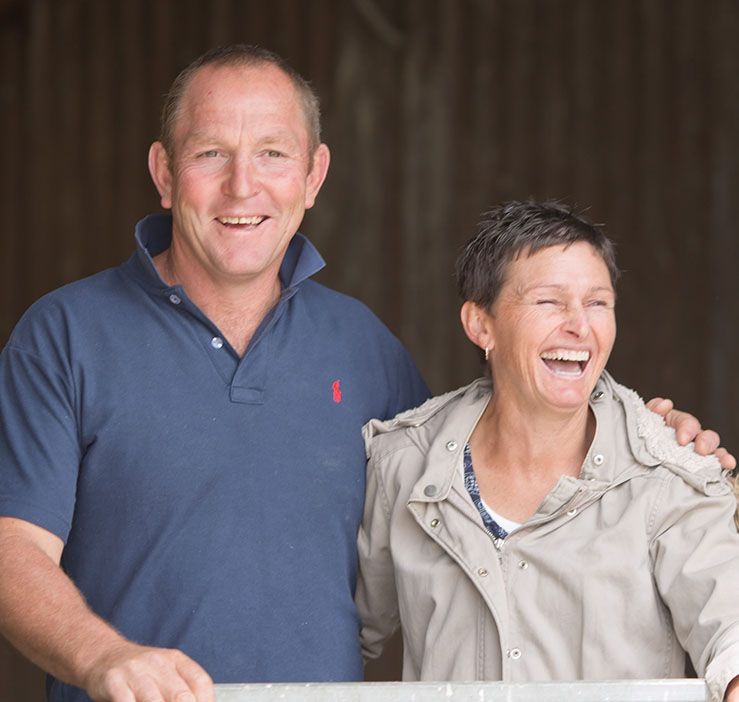Proof you can profit from going 'eco' on your farm
Sustainable business practices are good for the planet and its people, but can you make money from it? Here are three of the 2019 Ballance Farm Environment Award winners, who say – yes you can.
For Dannevirke's Simon and Trudy Hales Simon and Trudy Hales, being sustainable is about future-proofing their 970ha beef and sheep f arm near Weber. As the fourth generation to work the farm, the Hales strive to build annual equity to ensure profitability – all while I mproving the land using environmentally friendly initiatives.They have removed stock from most of the Akitio River to maintain a healthy waterway, developed a robust plan to ensure the health and safety of farm workers, and propagated native seedlings using locally sourced seeds, which will be planted to promote shrub growth and enhance the health of the ecosystem in riparian areas. Further native planting is on the cards to improve the farm's aesthetics and reduce soil loss caused by erosion.
Small and savvy in the Naki
For internationally renowned biointensive gardening educator and restoration grazing consultant, Jodi Roebuck – it's all about respecting the environment to yield results – both for the farm and financially.
Roebuck Farm, located 11.6km south-west of New Plymouth, is a sustainable and profitable small scale working farm boasting a thriving market garden loaded with lettuce, rainbow microgreens, rocket, kale, mustard, carrot, radish and more. It's intensive, chemical free and bringing home the bacon to Jodi's family of four.
Leaders in the field
Taking an eco-friendly approach has reaped environmental, social and economic benefits for the owners of Tirau's Dennley Farms.
With their sights set on a low input, low footprint farm and animal welfare at the heart of everything they do, owner-operators Adrian and Pauline Ball aim to improve people's perception of the dairy industry by leading by example on their 194ha Waikato dairy farm.
By closely studying crops and soils using best practice agronomy, the couple optimises crop and animal yields without compromising environmental health. They work with nutrient suppliers to make sure fertilisers are applied, and soil is tested, at appropriate times.
The dry stock farm is completely off-grid, using solar power, a deep well water supply and solar electric fencing. The cropping and finishing farm, which runs along the side of the Waihou River, has 20m or more fencing setbacks to encourage revegetation of the river banks. Future plans include fine-tuning farm grown feed requirements, trialling crops and practices that reduce the farm's footprint further year-on-year, introducing more energy-saving and cost-effective infrastructure to the asset base, and maintaining growth across the dairy platform and beef breeding enterprise.

GET IN CONTACT
Using our site
PKF Sites
PKF Rutherfords Limited member of PKF International
PKF Rutherfords Limited is a member firm of the PKF International Limited family of legally independent firms and does not accept any responsibility or liability for the actions or inactions of any individual member or correspondent firm or firms.
"PKF" and the PKF logo are registered trademarks used by PKF International and member firms of the PKF International Network. They may not be used by anyone other than a duly licenced member firm of the Network.




